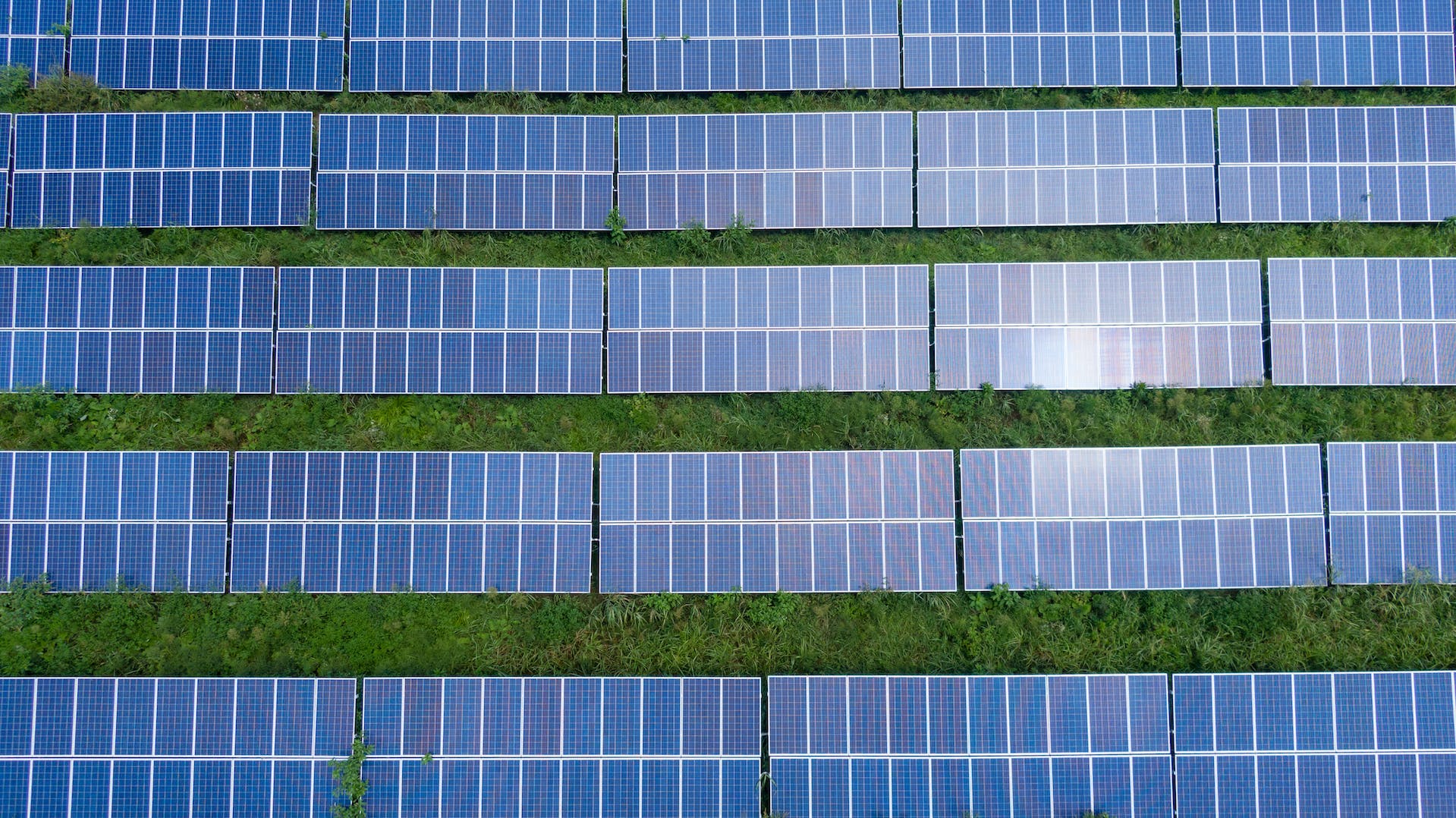Comparing Solar Lease vs. Solar Purchase Options
June 8, 2024

When considering a shift to solar energy, choosing between solar lease and purchase options is pivotal. This comparison can significantly influence both your immediate financial outlay and long-term benefits. Let’s explore the differences and similarities to help you decide the best option for your needs.
Understanding Solar Leases
What is a Solar Lease? A solar lease is an agreement where you rent the solar energy system from a provider. You pay a fixed monthly fee, regardless of the energy produced.
Benefits of Leasing
- No Upfront Costs: Typically, solar leases require little to no upfront payments.
- Maintenance: The leasing company handles maintenance, reducing your responsibility.
Considerations for Leasing
- No Tax Benefits: You can’t claim tax credits or incentives as the system isn’t yours.
- Fixed Payments: You pay monthly, even if the system’s output decreases over time.
Understanding Solar Purchases
What is a Solar Purchase? Buying a solar system means paying upfront or financing the purchase, and owning the equipment outright.
Benefits of Purchasing
- Tax Incentives: You can take advantage of government tax credits and rebates.
- Increased Home Value: Owning a solar system can increase your property’s value.
Considerations for Purchasing
- Initial Cost: The upfront cost can be substantial.
- Maintenance: You are responsible for maintenance and repairs.
Comparing Cost Implications
Leasing Costs Leasing involves little to no initial costs but includes ongoing monthly payments. These are predictable, making budgeting easier.
Purchasing Costs The initial cost can be high, but various financing options exist. Over time, owning a system can be more economical, as you benefit from no further payments after clearing the cost.
Related Post- Things to Consider Before You Buy a House With Solar Panels
Energy Production and Efficiency
Lease Agreements Your lease agreement might have clauses related to energy production and efficiency, possibly including upgrades to newer technology.
Ownership Benefits As an owner, you can decide on upgrades or changes to improve efficiency. This control can lead to greater energy savings.
Long-term Financial Benefits
Solar Leases The financial benefits of leasing are generally lower compared to purchasing. You miss out on potential savings from increased property value and tax incentives.
Solar Purchases Purchasing a system can offer significant long-term financial benefits. You save on energy costs and could earn back your initial investment through savings and increased home value.
Flexibility and Control
Control with Leasing Leasing offers less control over the system. The leasing company might restrict modifications or upgrades.
Control with Purchasing Purchasing gives you full control over the solar system. You can make any adjustments needed to maximize efficiency.
Making the Right Choice
Personal Considerations Consider your financial situation, long-term residency plans, and energy needs. These factors are crucial in deciding whether to lease or buy.
Seek Professional Advice Consult with a solar energy expert. They can provide insights and detailed calculations to help you make a well-informed decision.
Conclusion: Solar Lease vs. Solar Purchase Options
The decision between leasing and purchasing solar panels hinges on several factors including personal preferences, financial circumstances, and long-term goals. While leasing offers an easier entry point with less responsibility, purchasing can yield more rewards financially and increase property value. Consider your situation carefully to choose the path that aligns with your energy goals and financial plans.